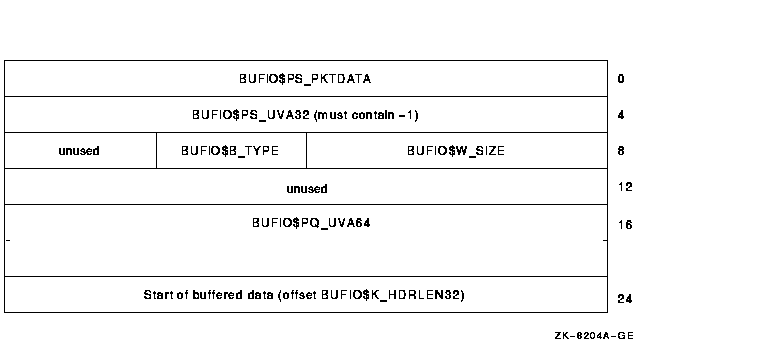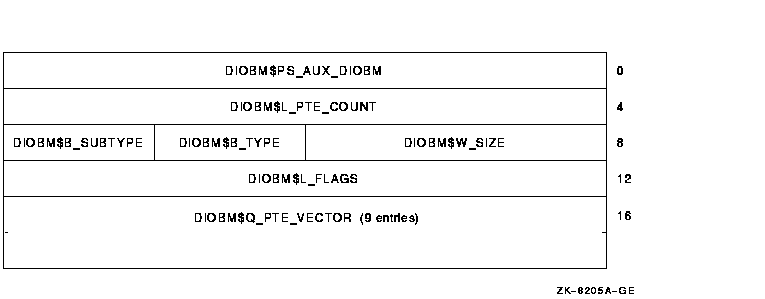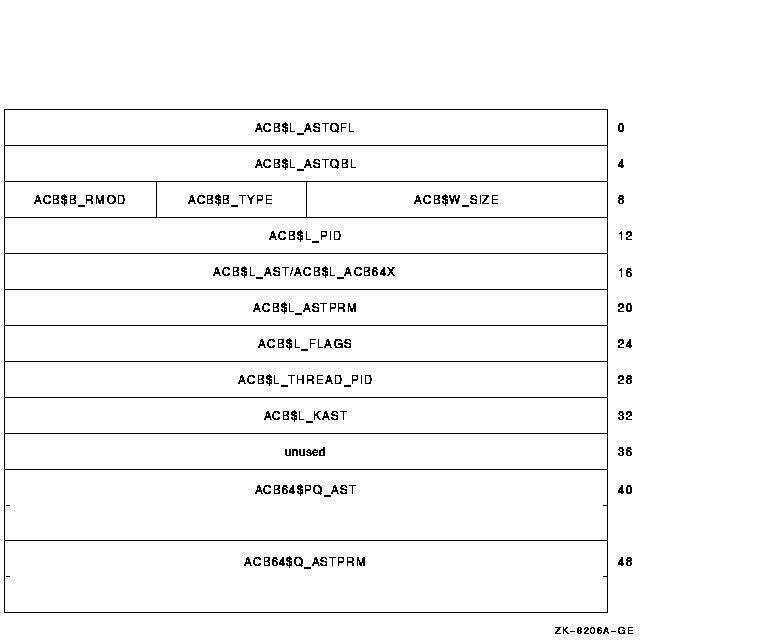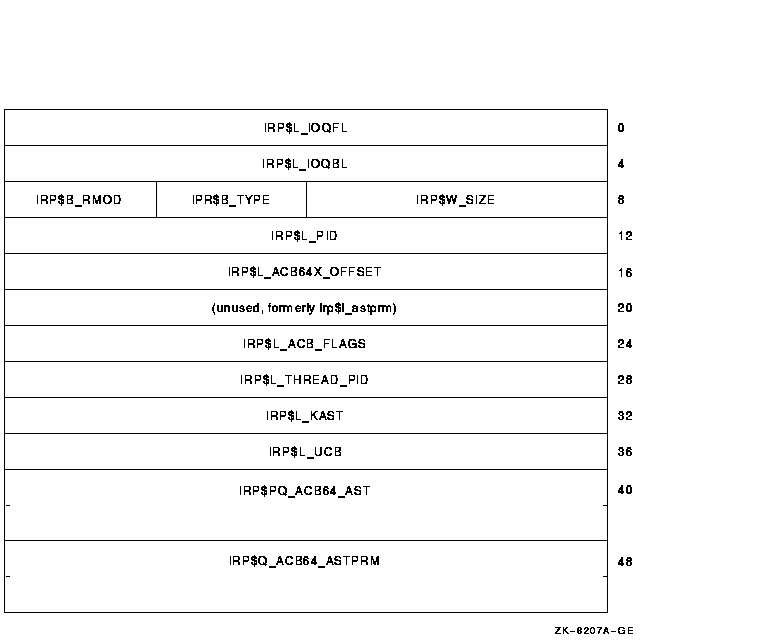![[OpenVMS documentation]](../../images/openvms_doc_banner_top.gif)
|
![[Site home]](../../images/buttons/bn_site_home_off.gif)
![[Send comments]](../../images/buttons/bn_comments_off.gif)
![[Help with this site]](../../images/buttons/bn_site_help_off.gif)
![[How to order documentation]](../../images/buttons/bn_order_docs_off.gif)
![[OpenVMS site]](../../images/buttons/bn_openvms_off.gif)
![[Compaq site]](../../images/buttons/bn_compaq_off.gif)
|
| Updated: 11 December 1998 |
![[OpenVMS documentation]](../../images/openvms_doc_banner_top.gif)
|
![[Site home]](../../images/buttons/bn_site_home_off.gif)
![[Send comments]](../../images/buttons/bn_comments_off.gif)
![[Help with this site]](../../images/buttons/bn_site_help_off.gif)
![[How to order documentation]](../../images/buttons/bn_order_docs_off.gif)
![[OpenVMS site]](../../images/buttons/bn_openvms_off.gif)
![[Compaq site]](../../images/buttons/bn_compaq_off.gif)
|
| Updated: 11 December 1998 |
OpenVMS Alpha Guide to Upgrading Privileged-Code
Applications
| Previous | Contents | Index |
This chapter describes how to modify customer-written device drivers to support 64-bit addresses.
For more information about the data structures and routines described
in this chapter, see Appendix A and Appendix B.
4.1 Recommendations for Modifying Device Drivers
Before you can modify a device driver to support 64-bit addresses, your driver must recompile and relink without errors on OpenVMS Alpha Version 7.0. See Chapter 2. If you are using OpenVMS-supplied FDT routines, supporting 64-bit addresses can be automatic or easily obtained. Device drivers written in C are usually easier to modify than drivers written in MACRO-32. Drives using direct I/O are usually easier to modify than those using buffered I/O.
When your device driver runs successfully as a 32-bit addressable driver on OpenVMS Alpha Version 7.0, you can modify it to support 64-bit addresses as follows:
The remaining sections in this chapter provide more information about
these recommendations.
4.2 Mixed Pointer Environment in C
OpenVMS Alpha 64-bit addressing support for mixed pointers includes the following features:
To support 64-bit addresses in device drivers, you must use the new version (V5.2) of the DEC C compiler as follows:
$ CC/STANDARD=RELAXED_ANSI89 -
/INSTRUCTION=NOFLOATING_POINT -
/EXTERN=STRICT -
/POINTER_SIZE=32 -
LRDRIVER+SYS$LIBRARY:SYS$LIB_C.TLB/LIBRARY
|
#include <far_pointers.h>
VOID_PQ user_va; /* 64-bit "void *" */
...
#include <ptedef.h>
PTE * svapte; /* 32-bit pointer to a PTE */
PTE_PQ va_pte; /* Quadword pointer to a PTE */
PTE_PPQ vapte_p; /* Quadword pointer to a
* quadword pointer to a PTE */
|
p0_va = p2_va; ^ %CC-W-MAYLOSEDATA, In this statement, "p2_va" has a larger data size than "short pointer to char" |
The $QIO and $QIOW system services accept the following arguments:
$QIO[W] efn,chan,func,iosb,astadr,astprm,p1,p2,p3,p4,p5,p6 |
These services have a 64-bit friendly interface (as described in OpenVMS Alpha Guide to 64-Bit Addressing and VLM Features), which allows these services to support 64-bit addresses.
Table 4-1 summarizes the changes to the data types of the $QIO and $QIOW system service arguments to accommodate 64-bit addresses.
| Argument | Prior Type | New Type | Description |
|---|---|---|---|
| efn | Unsigned longword | - | Event flag number. Unchanged. |
| chan | Unsigned word | - | Channel number. Unchanged. |
| func | Unsigned longword | - | I/O function code. Unchanged. |
| iosb | 32-bit pointer 1 | 64-bit pointer | Pointer to a quadword I/O status block (IOSB). The IOSB format is unchanged. |
| astadr | 32-bit pointer 1 | 64-bit pointer | Procedure value of the caller's AST routine. On Alpha systems, the procedure value is a pointer to the procedure descriptor. |
| astprm | Unsigned longword 2 | Quadword | Argument value for the AST routine. |
| P1 | Longword 2 | Quadword | Device-dependent argument. Often P1 is a buffer address. |
| P2 | Longword 2 | Quadword | Device-dependent argument. Only the low-order 32-bits will be used by system-supplied FDT routines that use P2 as the buffer size. |
| P3 | Longword 2 | Quadword | Device-dependent argument. |
| P4 | Longword 2 | Quadword | Device-dependent argument. |
| P5 | Longword 2 | Quadword | Device-dependent argument. |
| P6 | Longword 2 | Quadword | Device-dependent argument. Sometimes P6 is used to contain the address of a diagnostic buffer. |
Usually the $QIO P1 argument specifies a buffer address. All the system-supplied upper-level FDT routines that support the read and write functions use this convention. The P1 argument determines whether the caller of the $QIO service requires 64-bit support. If the $QIO system service rejects a 64-bit I/O request, the following fatal system error status is returned:
SS$_NOT64DEVFUNC 64-bit address not supported by device for this function |
This fatal condition value is returned under the following circumstances:
For more information about the $QIO, $QIOW, and $SYNCH system services,
see the OpenVMS System Services Reference Manual: GETQUI--Z.
4.4 Declaring Support for 64-Bit Addresses in Drivers
Device drivers declare that they can support a 64-bit address by
individual function. The details vary depending on the language used to
code the initialization of the driver's Function Decision Table.
4.4.1 Drivers Written in C
Drivers written in C use the ini_fdt_act macro to initialize an FDT entry for an I/O function. This macro uses the DRIVER$INI_FDT_ACT routine. Both the macro and the routine have been enhanced for OpenVMS Alpha Version 7.0.
The format of the macro in releases prior to OpenVMS Alpha Version 7.0 was:
ini_fdt_act (fdt, func, action, bufflag) |
where the bufflag parameter must be one of the following:
| BUFFERED | The specified function is buffered. | |
| NOT_BUFFERED | The specified function is direct. This is a synonym for DIRECT. | |
| DIRECT | The specified function is direct. This is a synonym for NOT_BUFFERED. |
The use of the bufflag parameter has been enhanced to include the declaration of 64-bit support by allowing 3 additional values:
| BUFFERED_64 | The specified function is buffered and supports a 64-bit address in the p1 parameter. | |
| NOT_BUFFERED_64 | The specified function is direct and supports a 64-bit address in the p1 parameter. | |
| DIRECT_64 | The specified function is direct and supports a 64-bit address in the p1 parameter. |
If a driver does not support a 64-bit address on any of its functions, there is no need to change its use of the ini_fdt_act macro.
For example, the following C code segment declares that the IO$_READVBLK and IO$_READLBLK functions support 64-bit addresses.
ini_fdt_act (&driver$fdt, IO$_SENSEMODE, my_sensemode_fdt, BUFFERED); ini_fdt_act (&driver$fdt, IO$_SETMODE, my_setmode_fdt, BUFFERED); ini_fdt_act (&driver$fdt, IO$_READVBLK, acp_std$readblk, DIRECT_64); ini_fdt_act (&driver$fdt, IO$_READLBLK, acp_std$readblk, DIRECT_64); |
The interpretation of the bufflag parameter to the
DRIVER$INI_FDT_ACT routine has been enhanced to support the new values
and the setting of the 64-bit support mask in the FDT data structure.
4.4.2 Drivers Written in MACRO-32
As of OpenVMS Alpha Version 7.0, drivers written in MACRO-32 use a new FDT_64 macro to declare the set of I/O functions for which the driver supports 64-bit addresses. The use of the FDT_64 macro is similar to the use of the existing FDT_BUF macro. If a driver does not support a 64-bit address on any of its functions, there is no need to use the new FDT_64 macro.
For example, the following MACRO-32 code segment declares that the IO$_READVBLK and IO$_READLBLK functions support 64-bit addresses.
FDT_INI MY_FDT FDT_BUF <SENSEMODE,SETMODE> FDT_64 <READVBLK,READLBLK> FDT_ACT ACP_STD$READBLK, <READVBLK,READLBLK> |
As of OpenVMS Alpha Version 7.0, drivers written in BLISS-32 and BLISS-64 use a new optional keyword parameter, FDT_64, to the existing FDTAB macro to declare the set of I/O functions that support 64-bit addresses. The use of the new FDT_64 parameter is similar to the use of the existing FDT_BUF parameter. If a driver does not support a 64-bit address on any of its functions, there is no need to use the new FDT_64 parameter.
For example, the following BLISS code segment declares that the IO$_READVBLK and IO$_READLBLK functions support 64-bit addresses.
FDTAB (
FDT_NAME = MY_FDT,
FDT_BUF = (SENSEMODE,SETMODE),
FDT_64 = (READVBLK,READLBLK),
FDT_ACT = (ACP_STD$READBLK, (READVBLK,READLBLK) )
);
|
Table 4-2 summarizes the I/O mechanisms that support 64-bit addresses.
| Mechanism | 64-bits | Comments |
|---|---|---|
| Simple buffered I/O | yes | 32/64-bit BUFIO packet headers |
| Complex Buffered I/O | no | Used by XQP and ACPs |
| Complex Chained Buffered I/O | yes | New cells in CXB |
| Direct I/O | yes | Cross-process PTE problem |
| LAN VCI | yes | Cross-process PTE problem |
| VMS I/O Cache | yes | 64-bit support is transparent to other components |
| Buffer Objects | yes | Special case of direct I/O |
| Diagnostic buffers | yes | Driver-wide attribute |
Figure 4-1 shows a 32-bit buffered I/O packet header.
Figure 4-1 32-bit Buffered I/O Packet Header

| BUFIO$PS_PKTDATA | Contains pointer to buffered data in packet |
| BUFIO$PS_UVA32 | Contains 32-bit user virtual address |
MOVAB 12(R2),(R2)
|
A 64-bit buffered packet header is as shown in Figure 4-2.
Figure 4-2 New 64-bit Buffered I/O Packet Header

| BUFIO$PS_PKTDATA | Contains pointer to buffered data in packet |
| BUFIO$PS_UVA32 | Must contain BUFIO$K_64 (-1) value |
| BUFIO$PQ_UVA64 | Contains 64-bit user virtual address |
Figure 4-3 shows the DIOBM data structure.
Figure 4-3 Direct I/O Buffer Map

Figure 4-4 shows a 64-Bit AST.
Figure 4-4 64-Bit ASTs

| ACB$B_RMOD | New ACB$V_FLAGS_VALID bit (last spare bit) |
| ACB$L_FLAGS | Contains ACB$V_64BITS bit (was filler space) |
| ACB$L_ACB64X | Byte offset to ACB64X structure |
An embedded ACB64 at the start of the IRP is shown in Figure 4-5.

An IRP created by the $QIO system service uses the ACB64 layout unconditionally.
| IRP$B_RMOD | New ACB$V_FLAGS_VALID bit always set |
| IRP$L_ACB_FLAGS | New ACB$V_64BITS bit always set |
| IRP$L_ACB64X_OFFSET | Contains hex 28 |
I/O functions are defined as follows:
| Function type | 64-bits | Area of impact |
|---|---|---|
| Direct I/O, raw data transfer | yes | FDT only |
| Direct I/O, control data transfer | no | FDT only |
| Buffered I/O, raw data transfer | no/yes | Entire driver, new BUFIO packet |
| Buffered I/O, control data transfer | no | Entire driver, new BUFIO packet |
| Control, no data transfer, param | no | Entire path but usually simple |
| Control, no data transfer, no params | moot | None |
| Previous | Next | Contents | Index |
![[Site home]](../../images/buttons/bn_site_home_off.gif)
![[Send comments]](../../images/buttons/bn_comments_off.gif)
![[Help with this site]](../../images/buttons/bn_site_help_off.gif)
![[How to order documentation]](../../images/buttons/bn_order_docs_off.gif)
![[OpenVMS site]](../../images/buttons/bn_openvms_off.gif)
![[Compaq site]](../../images/buttons/bn_compaq_off.gif)
|
![[OpenVMS documentation]](../../images/openvms_doc_banner_bottom.gif) |
|
Copyright © Compaq Computer Corporation 1998. All rights reserved. Legal |
6466PRO_004.HTML
|